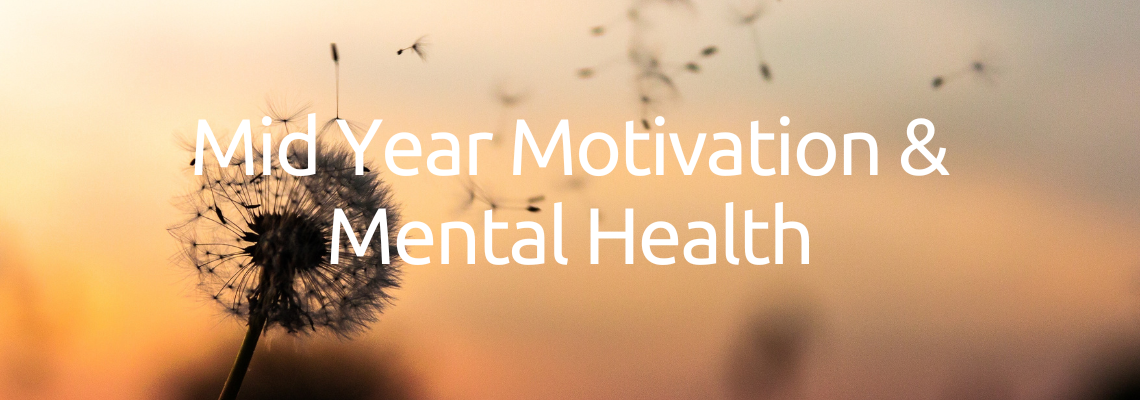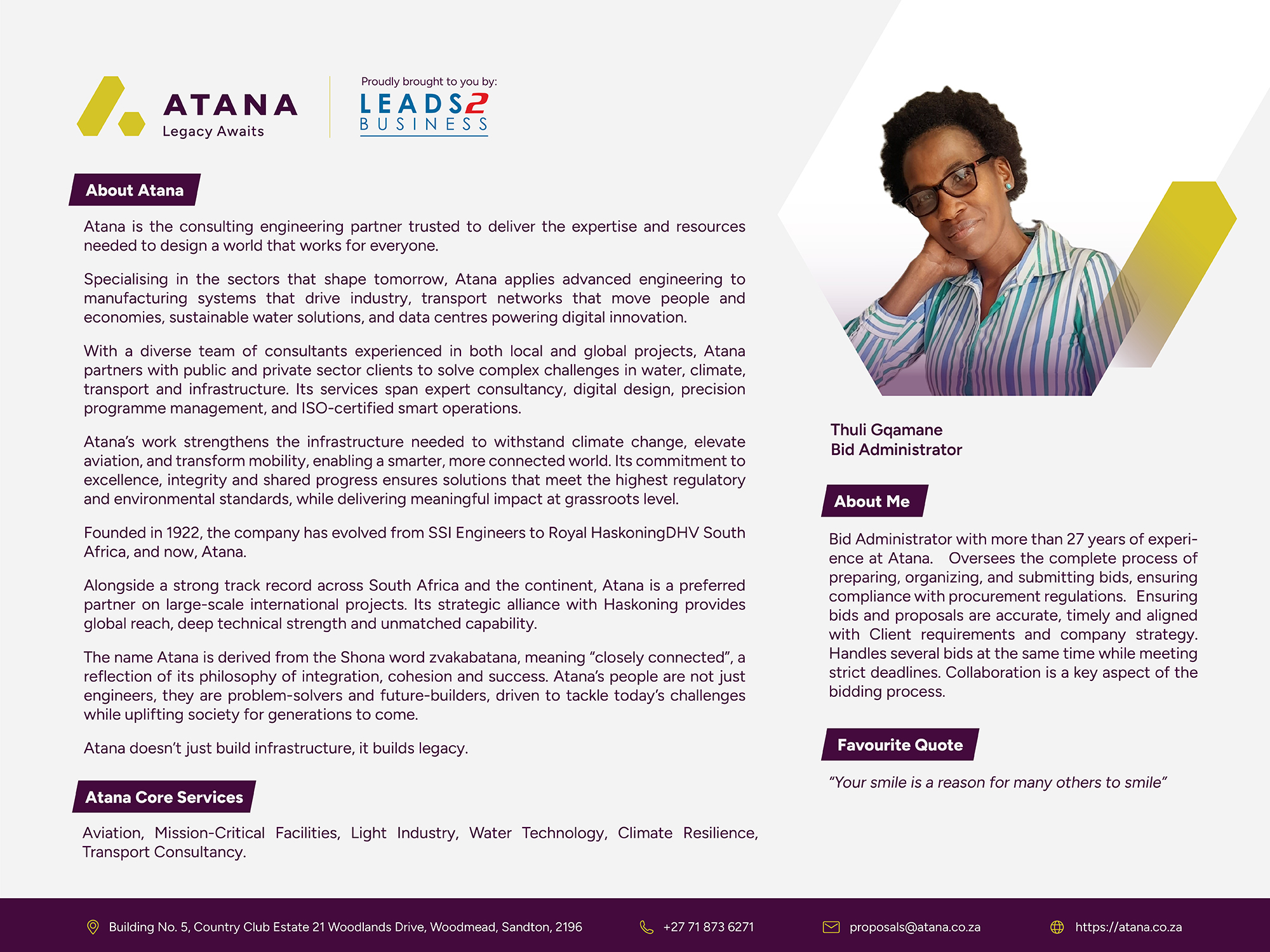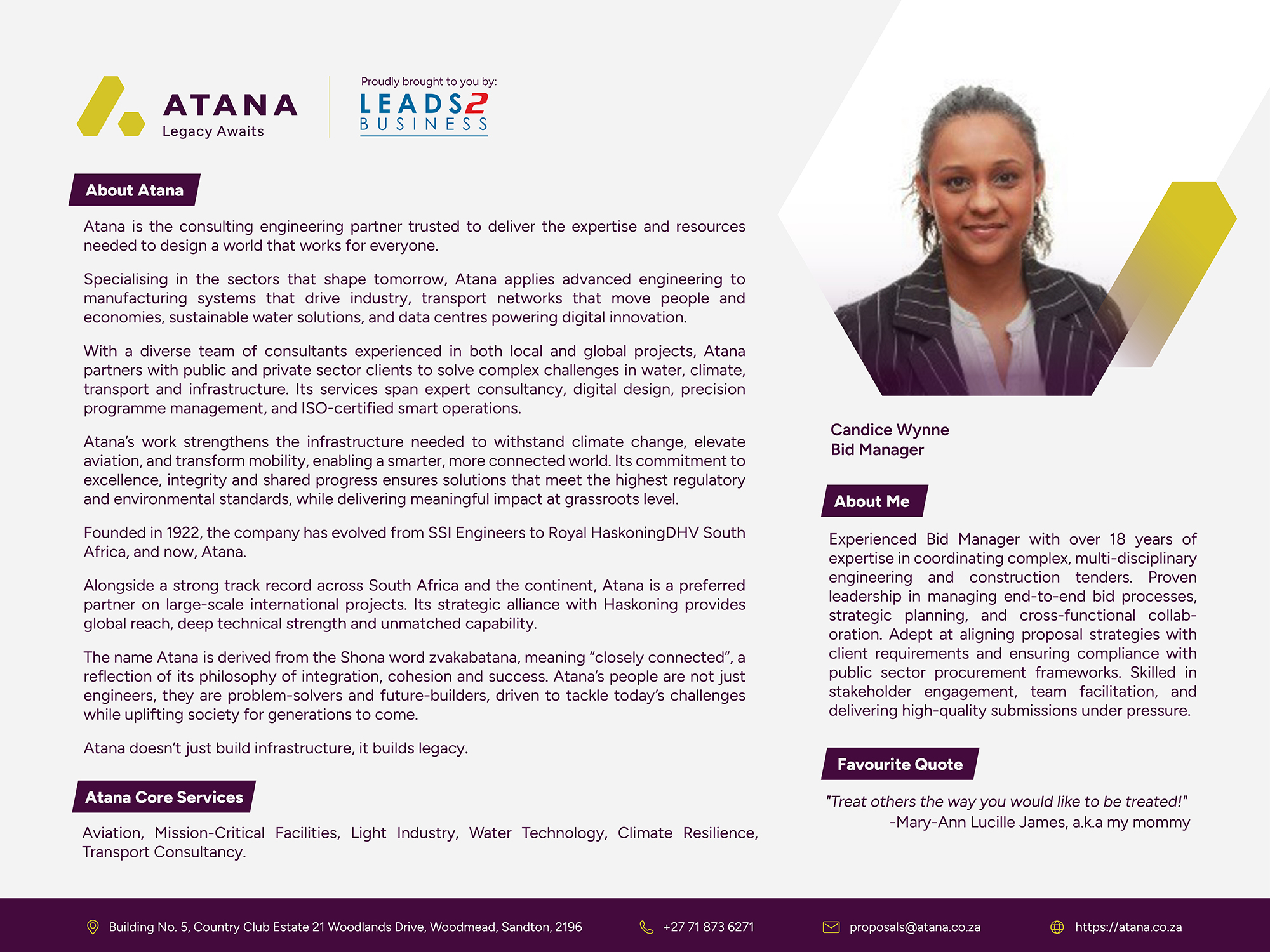
So, it has been just a little bit over two years since I last wrote a blog about how to stay positive during Lockdown. This will be our 3rd year of the pandemic. A fact that we can’t ignore. Little did we know what was going to hit us, and how long it was going to last. In a world of not knowing, we all suffered some sort of loss but we can say the last couple of years brought us personal growth, understanding, and hopefully, renewed optimism. To mention a few points, we value our friends and family more, and we adapted to the new normals. There have been new developments in science, such as the COVID-19 vaccines, and we are just about over the 5th wave. Today we can watch sports again and go to church and concerts and so much more. In the work environment, people have been offered opportunities again, and we are all ready and eager to get going. Even Expos and Trade Shows are coming back, and that gets me all excited!
It all just shows that we are a testament to humanity’s commitment to healing. That brings me to the topic of Mental Health. It is imperative that we should learn how to take care of ourselves even more, not only physically but mentally as well. In fact, I think Mental Health should continue to be a priority in the upcoming years, without a healthy mind, you can’t have a healthy body.
What is Mental Health?
Mental health encompasses emotional, psychological, and social well-being. It influences cognition, perception, and behaviour. It also determines how an individual handles stress, interpersonal relationships, and decision-making. Mental health includes subjective well-being, perceived self-efficacy, autonomy, competence, intergenerational dependence, and self-actualization of one’s intellectual and emotional potential, among others.
From the perspectives of positive psychology or holism, mental health may include an individual’s ability to enjoy life and to create a balance between life activities and efforts to achieve psychological resilience. Cultural differences, subjective assessments, and competing professional theories all affect how one defines “mental health”. Some early signs related to mental health problems are sleep irritation, lack of energy and thinking of harming yourself or others.
Mental Health Tips:
1. Value yourself
Treat yourself with kindness and respect and avoid self-criticism. Make time for your hobbies and favourite projects.
2. Take care of your body
Eat nutritious meals, Exercise, which helps decrease depression and anxiety and improve moods and Get enough sleep.
3. Surround yourself with good people
Make plans with supportive family members and friends or seek out activities where you can meet new people.
4. Give yourself
Volunteer your time and energy to help someone else. You’ll feel good about doing something tangible to help someone in.
5. Learn how to deal with stress
Practice good coping skills, exercise, take a nature walk, play with your pet or try journal writing as a stress reducer. Also, remember to smile and see the humour in life. Research shows that laughter can boost your immune system, ease pain, relax your body and reduce stress.
6. Quiet your mind
Try meditating, relaxation exercises and prayer can improve your state of mind and outlook on life.
7. Set realistic goals
Decide what you want to achieve academically, professionally, and personally, and write down the steps you need to realize your goals. Aim high but be realistic and don’t over-schedule. You’ll enjoy a tremendous sense of accomplishment and self-worth as you progress toward your goal.
8. Break up the monotony
Although our routines make us more efficient and enhance our feelings of security and safety, a little change of pace can perk up a tedious schedule. Alter your jogging route, plan a road-trip, take a walk in a different park, hang some new pictures, or try a new restaurant.
9. Avoid alcohol and other drugs
Keep alcohol use to a minimum and avoid other drugs. Sometimes people use alcohol and other drugs to “self-medicate” but, alcohol and other drugs only aggravate problems.
10. Get help when you need it
Seeking help is a sign of strength — not a weakness. And it is important to remember that treatment is effective. People who get appropriate care can recover from mental illness and addiction and lead full, rewarding lives.
I’ll leave you with a bit of mid-year inspiration with a quote from Winston Churchill, “Success is not final; failure is not fatal: It is the Courage to Continue that Counts”.
Sources:
Mental health – Wikipedia
Ten Things You Can Do for Your Mental Health | University Health Service (umich.edu)
Mental Health Awareness Month 2022 | South African Government (www.gov.za)
If you are interested in becoming one of our subscribers, please visit Leads 2 Business.
To view notes with screenshots on how to use our website, please visit Leads 2 Business Wiki.
To view more Featured Companies, please visit our Leads 2 Business Blog.
My journey started in 2015 with Leads 2 Business, as an Account Executive, and gradually grown to take the role of being the Client Liaison Officer (CLO) since 2018. Assisting in the delivery of our services and insuring our clients expectations and requirements are exceeded.















